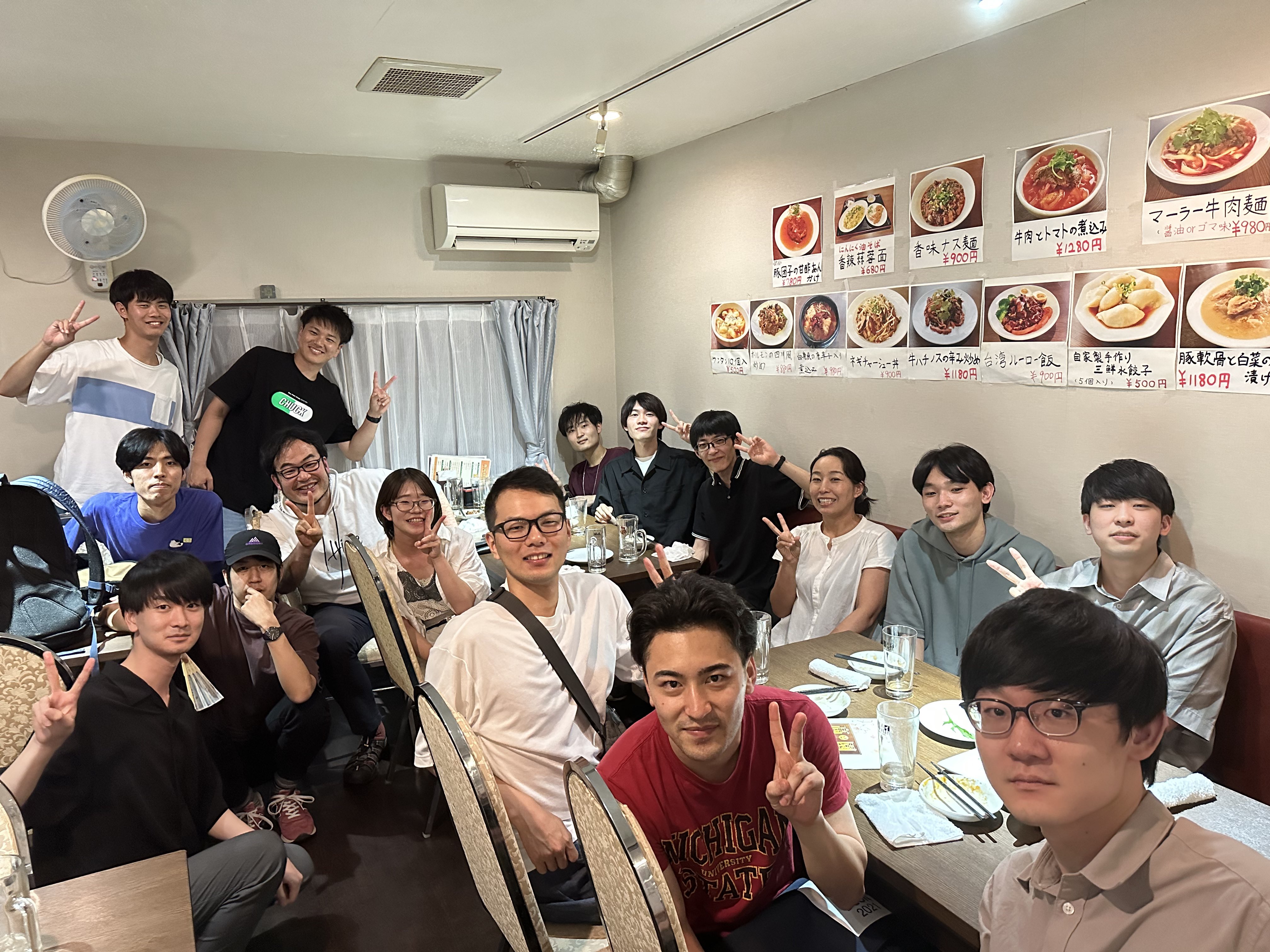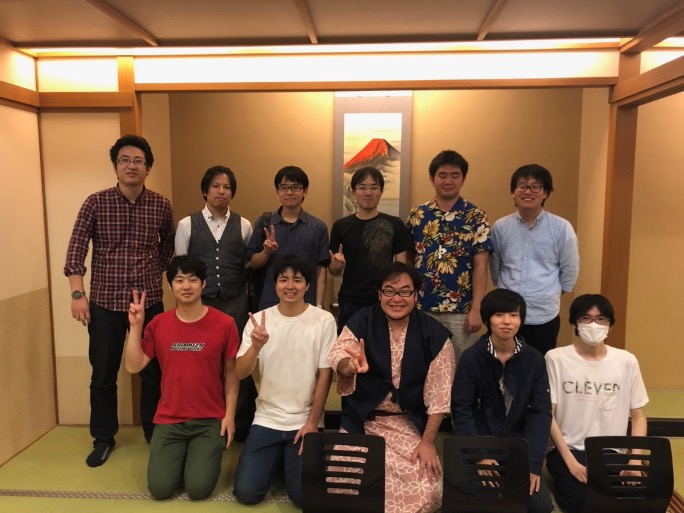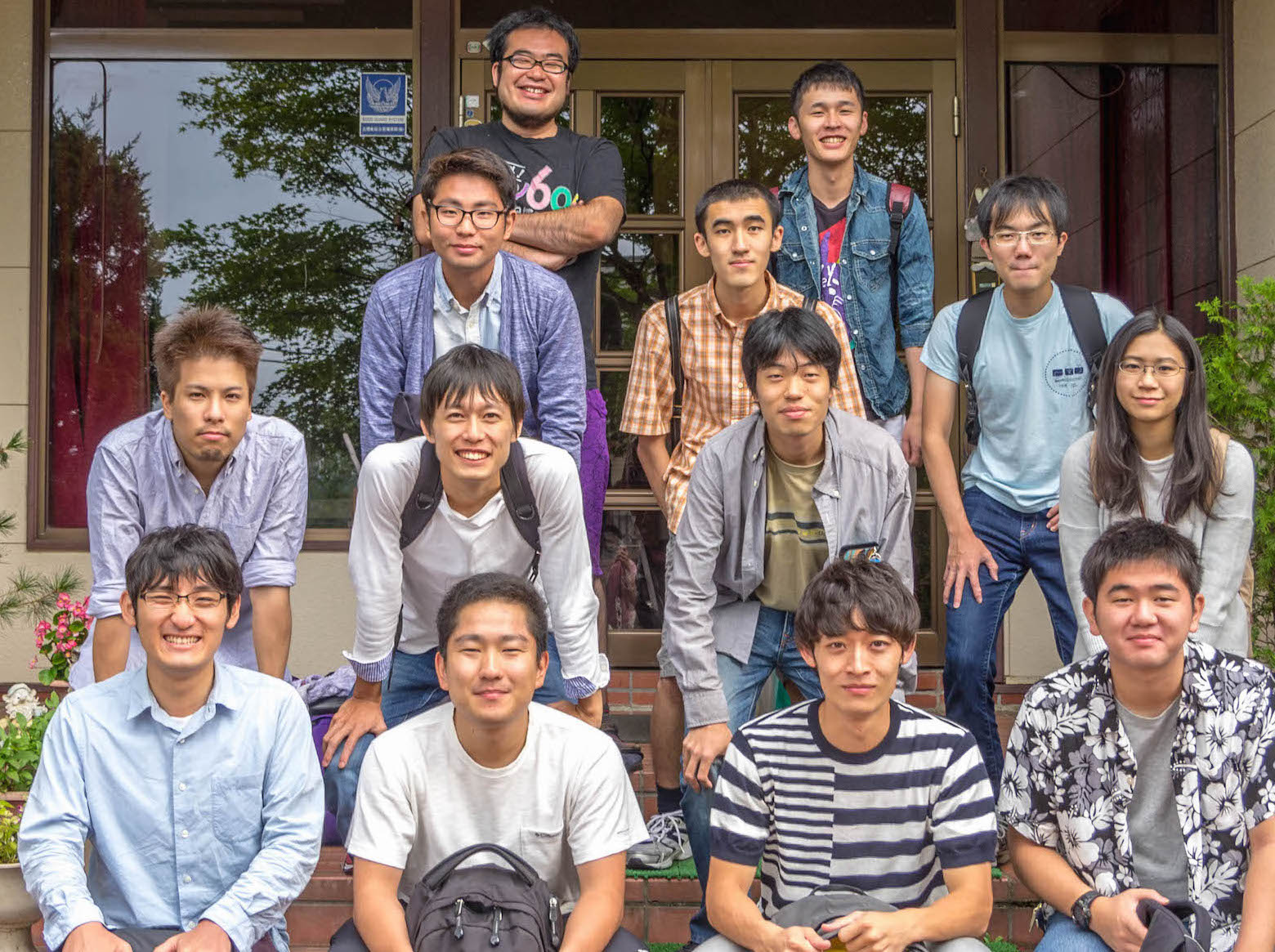Welcome to Advanced Systems Group!

|

|

|
Advanced Systems Group (ASG) at TUAT performs a broad range of software systems research. Of particular interest are the design and implementation of operating systems, hypervisors, databases, and language virtual machines for dependable computing. ASG investigates pragmatic solutions applicable to real-world software consisting of millions of lines of code and brand-new hardware devices.
- Member
- Research
- Publications
- Contact
Principal Investigator
Master Students
- Kosuke Okazaki
- Kazuki Takeda
- Akihiro Minami
- Sawako Yoshida
- Chihiro Oka
- Yukihiro Oku
- Yuki Hashimoto
- Kaito Mizutori
- Kotaro Yoshida
- Yutaro Wakabayashi
Undergraduate Students
- Yuto Onishi
- Mitsuki Sugita
- Hiryu Takehana
- Yuma Nakamura
- Ayaka Nishizawa
- Kazuhiro Yamashita
Alumni
- M.E. 2025 Jyukiya Okada
- M.E. 2025 Yosuke Tanimoto
- M.E. 2025 Daichi Hatayama
- M.E. 2025 Keijiro Mikama
- M.E. 2024 Kei Ikeda
- M.E. 2024 Kazuma Kasahara
- M.E. 2024 Naoya Nezu
- M.E. 2024 Takeru Wada
- B.E. 2024 Ryuma Kinjo
- M.E. 2023 Tomomitsu Asaumi
- M.E. 2023 Kota Asanuma
- M.E. 2023 Takumi Iguchi
- M.E. 2023 Yuya Miyazato
- M.E. 2023 Masahiro Mori
- B.E. 2023 Kenjiro Okuda
- B.E. 2023 Hiroyo Shimada
- Ph.D. 2022 Yuto Jumonji
- M.E. 2022 Yusuke Iguchi
- M.E. 2022 Shuhei Enomoto
- M.E. 2022 Akifumi Shimizu
- M.E. 2021 Daiki Mashima
- M.E. 2021 Naoki Aoyama
- M.E. 2020 Tsuyoshi Shimomura
- B.E. 2020 Riku Gemba
- B.E. 2020 Tatsuya Matsuzaki
- Ph.D. 2019 Ken Terada
- M.E. 2019 Haruka Ogawa
- M.E. 2019 Yutaro Shimizu
- B.E. 2019 Madoka Iwasaki
- B.E. 2018 Changmin Teng
- M.E. 2018 Yuta Kawamura
- M.E. 2018 Minoru Kanatsu
- M.E. 2018 Katsuya Sato
- M.E. 2018 Shohei Takahashi
- M.E. 2018 Masato Nakajima
- B.E. 2018 Yuki Muranami
- M.E. 2017 Naoto Kobayashi
- M.E. 2017 Naoto Saito
- B.E. 2017 Naoki Shoji
- M.E. 2016 Hirotaka Oita
- M.E. 2016 Yoshiki Naoi
- M.E. 2016 Kaiho Fukuchi
- B.E. 2015 Chiharu Kimura